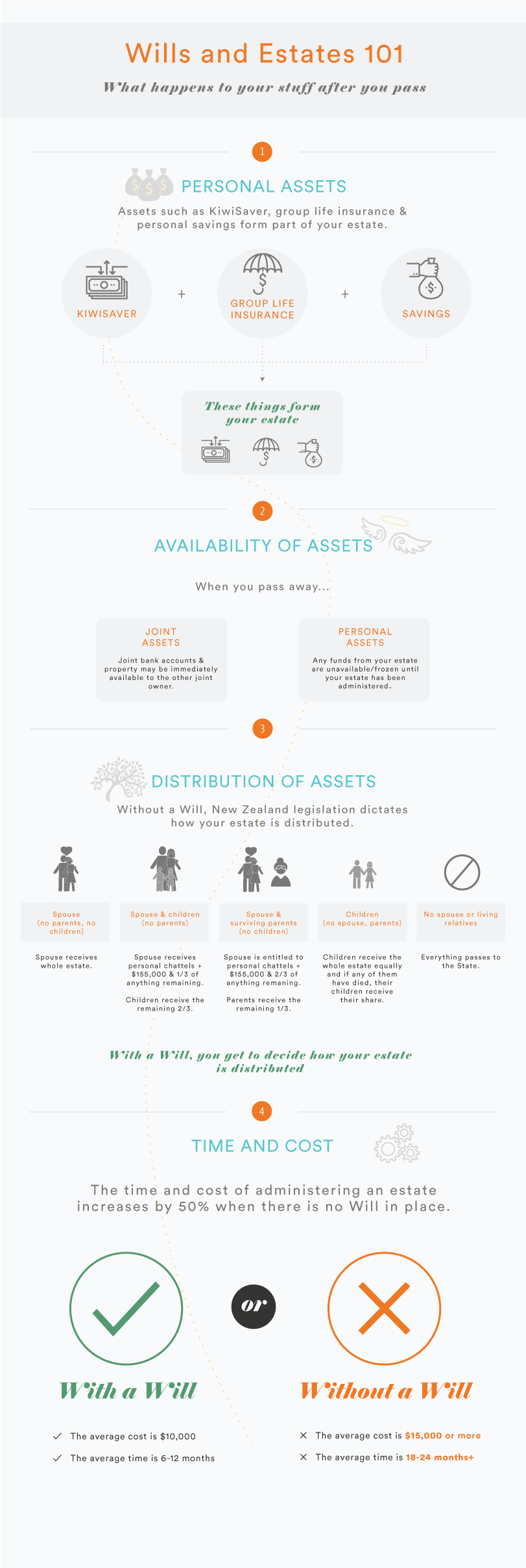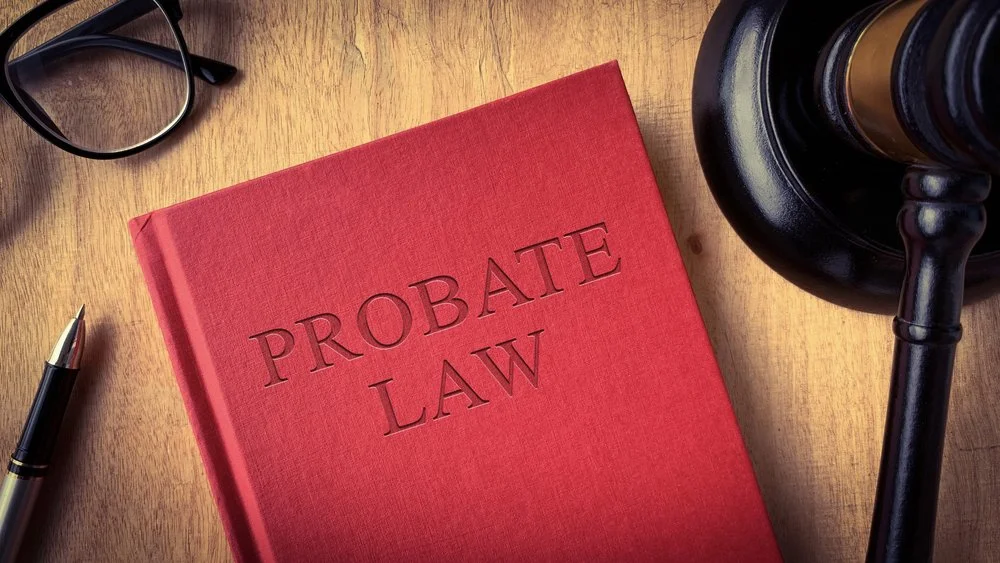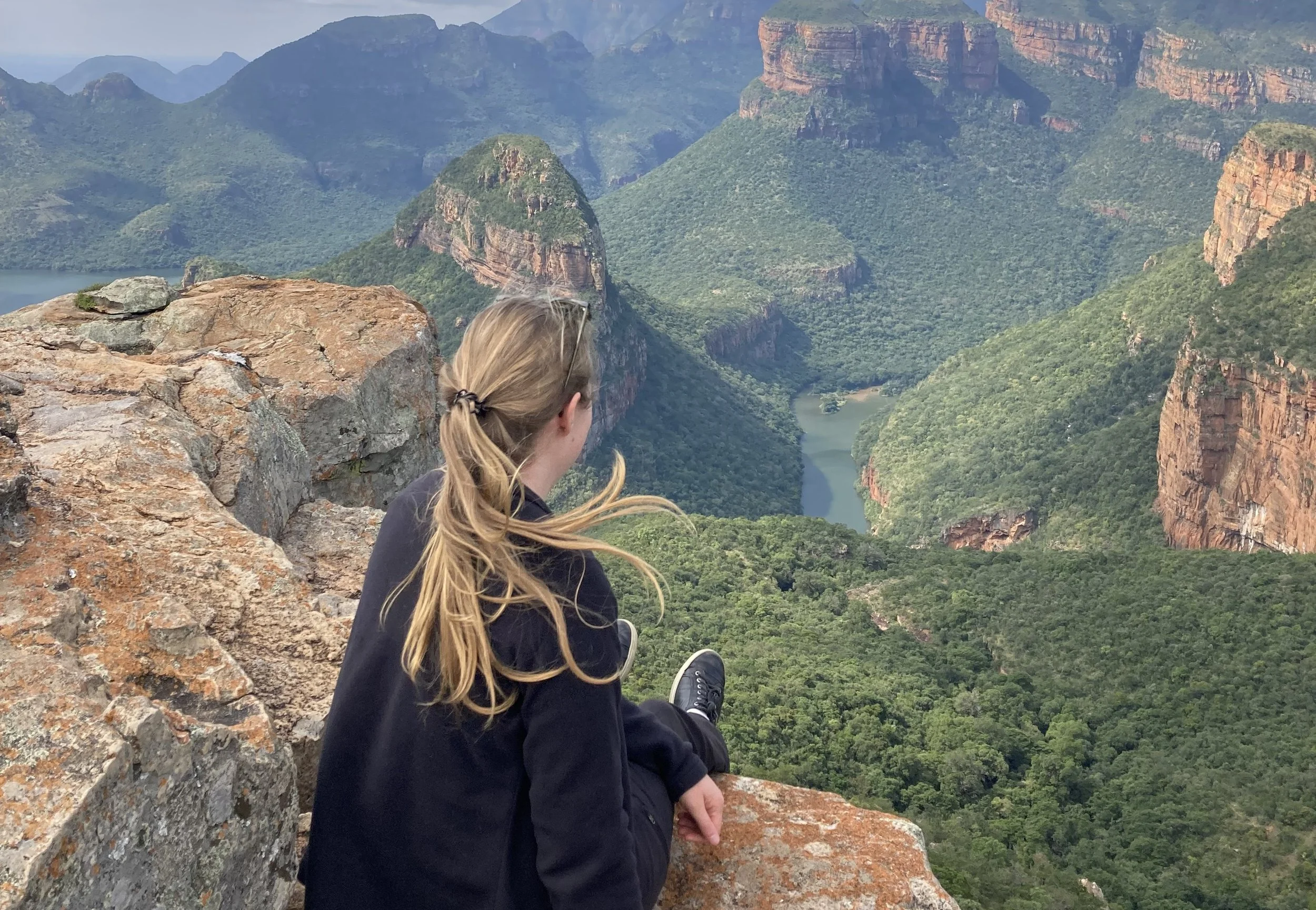
There is something deeply personal about choosing who receives the things that have shaped your life. Some gifts carry more than monetary value. They hold memories, meaning, and the stories that connect us to the people and places we love.
While it is not always easy to think about, putting a clear guardianship plan in place can make a meaningful difference for your children when the unexpected happens.
One simple but often overlooked part of this process is selecting the contemplation of marriage clause when you create your Will. This small step keeps your Will valid when you legally marry.
Most of us have an idea of what we’d like our funeral to look like. Maybe it’s a favourite song, a special place for your ashes, or a relaxed celebration filled with a few laughs.
Summer in New Zealand is a time for barbecues, beach days, road trips, and reconnecting with the people who matter most.
At the start of the year, something special happens. Your supporters usually take this time to reflect, set intentions, and have a desire to create lasting impacts.
Half the population are leaving their loved ones without clear instructions. And while it might feel like a problem you can deal with “later” the truth is that later often comes sooner than we expect.
From 24 September 2025, the threshold for when probate is required in New Zealand will increase from $15,000 to $40,000. What does this mean?
Only half of New Zealanders have a Will, and I think that’s just crazy! Are you one of them? Maybe you keep putting it in the ‘to do later basket’? Or think you don’t need one?
In New Zealand, having a valid Will is one of the most important ways to make sure your wishes are respected and your loved ones are supported. But what does the process look like once you pass away?










